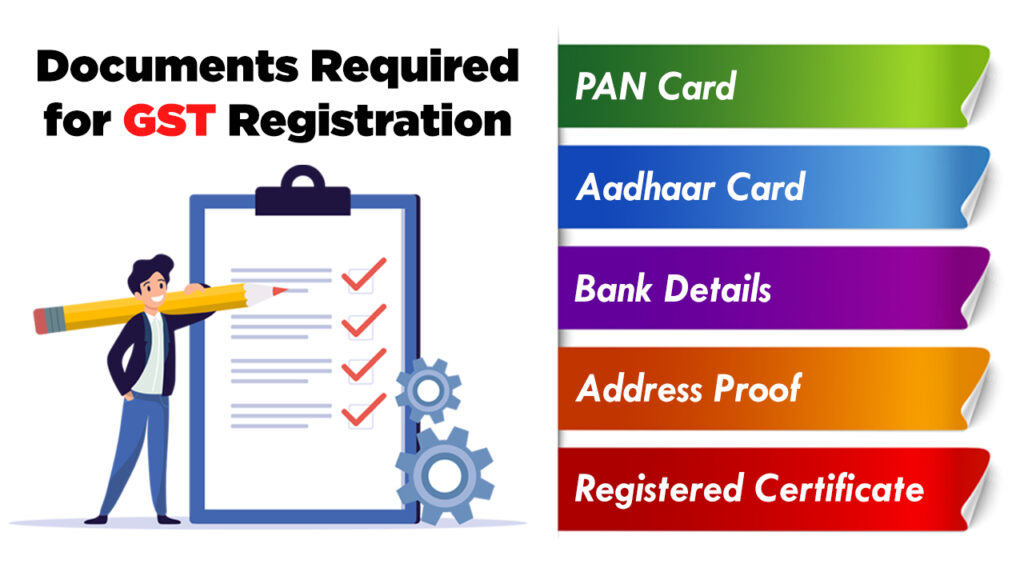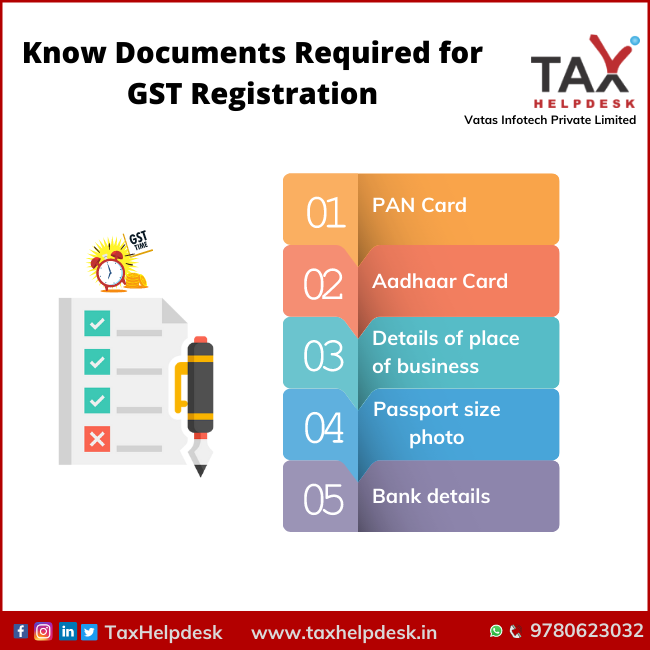Top Rated Best GST Registration Services in Singapore for 2024
Top Rated Best GST Registration Services in Singapore for 2024
Blog Article
Throughout: The Ultimate Roadmap to GST Enrollment for Organizations Looking For Financial Stability
Navigating the intricacies of Product and Provider Tax (GST) enrollment is a critical step for businesses making every effort for monetary security. From comprehending the essential principles of GST to adhering to post-registration guidelines, the process can appear intimidating initially glimpse. Breaking down the roadmap right into convenient steps can enhance the enrollment journey for organizations looking to improve their financial standing. Let's explore the important elements that comprise this supreme roadmap and find how each phase contributes to laying a strong foundation for economic success.
Recognizing GST Basics
Diving into the basic concepts of Product and Services Tax Obligation (GST) is essential for obtaining a comprehensive understanding of its implications on companies and the economy. GST is a value-added tax obligation levied on most products and solutions for residential intake. It has changed numerous indirect tax obligations that existed in the pre-GST period, enhancing the tax obligation structure and boosting simplicity of doing company in India. Under the GST system, both products and solutions are exhausted at a particular price, which is figured out based on their classification. If their annual turnover goes beyond the threshold limit set by the government, services are required to register for GST. Input Tax Obligation Credit Scores (ITC) is a considerable attribute of GST, enabling organizations to declare credit report for tax obligations paid on inputs, lowering the overall tax worry. Comprehending the essentials of GST is important for companies to adhere to tax laws, manage their financial resources successfully, and contribute to the nation's financial development by taking part in a clear tax system.
Eligibility Criteria for Enrollment
As of the existing policies, the threshold limit for GST registration is a yearly aggregate turnover of 40 lakhs for companies running within a state, except for unique group states where the limit is 20 lakhs. Furthermore, certain services are called for to register for GST regardless of their turn over, such as interstate providers, informal taxable individuals, and services liable to pay tax obligation under the reverse fee system. It is important for organizations to thoroughly examine their turn over and transaction kinds to establish their GST registration responsibilities properly.
Files Required for Enrollment
Having satisfied the eligibility standards for GST registration, services must currently ensure they have the requisite documents in position to wage the registration process successfully. The papers required for GST enrollment typically consist of proof of service constitution, such as collaboration deed, registration certification, or consolidation certificate for various sorts of businesses. Furthermore, companies need to provide documents developing the major area of organization, such as a rental contract or electrical power expense. Frying pan card of the service, in addition to the identification and address evidence of promoters/partners/directors, are crucial for confirmation objectives. Savings account statements, together with canceled cheques or a copy of the bank passbook, are called for to validate the monetary details supplied during registration. Additionally, businesses must have digital trademarks all set for the licensed signatory. Making certain all these records are arranged and conveniently offered will certainly speed up the GST enrollment process, enabling businesses to follow tax obligation policies effortlessly.
Step-by-Step Enrollment Refine
Commencing the GST registration procedure involves a series of structured actions to ensure a smooth and certified enrollment for services. The very first step is to go to the GST website and complete the registration type with exact information of business entity. Following this, the applicant gets a Short-term Referral Number (TRN) which is used to return to the application procedure if it's not completed in one go.
Next, my explanation all called for records as per the checklist offered by the GST portal requirement to be posted. These documents usually consist of evidence of organization registration, identification and address evidence of promoters, economic statements, and organization entity's PAN card.

Post-Registration Compliance Guidelines

Final Thought
To conclude, businesses looking for financial stability has to comprehend the basics of GST, fulfill eligibility standards, gather needed files, comply with the step-by-step registration procedure, and follow post-registration standards - Best GST registration services in Singapore. By adhering to these actions, organizations can make sure compliance with tax policies and preserve monetary security in the lengthy run
Furthermore, certain services are needed to sign up for GST regardless of their turn over, such as interstate providers, laid-back taxable persons, and companies liable to pay tax under the reverse cost device.Having fulfilled the eligibility standards for GST registration, services must currently ensure they have the requisite papers in location to continue with the registration process successfully. The records required for GST enrollment typically consist of proof of organization constitution, such as partnership act, enrollment why not check here certification, or consolidation certificate for various kinds of organizations. In addition, businesses require to supply documents developing the principal area of service, such as a rental arrangement or power expense.Starting the GST enrollment procedure entails a series of organized actions to ensure a certified and seamless enrollment for companies.
Report this page